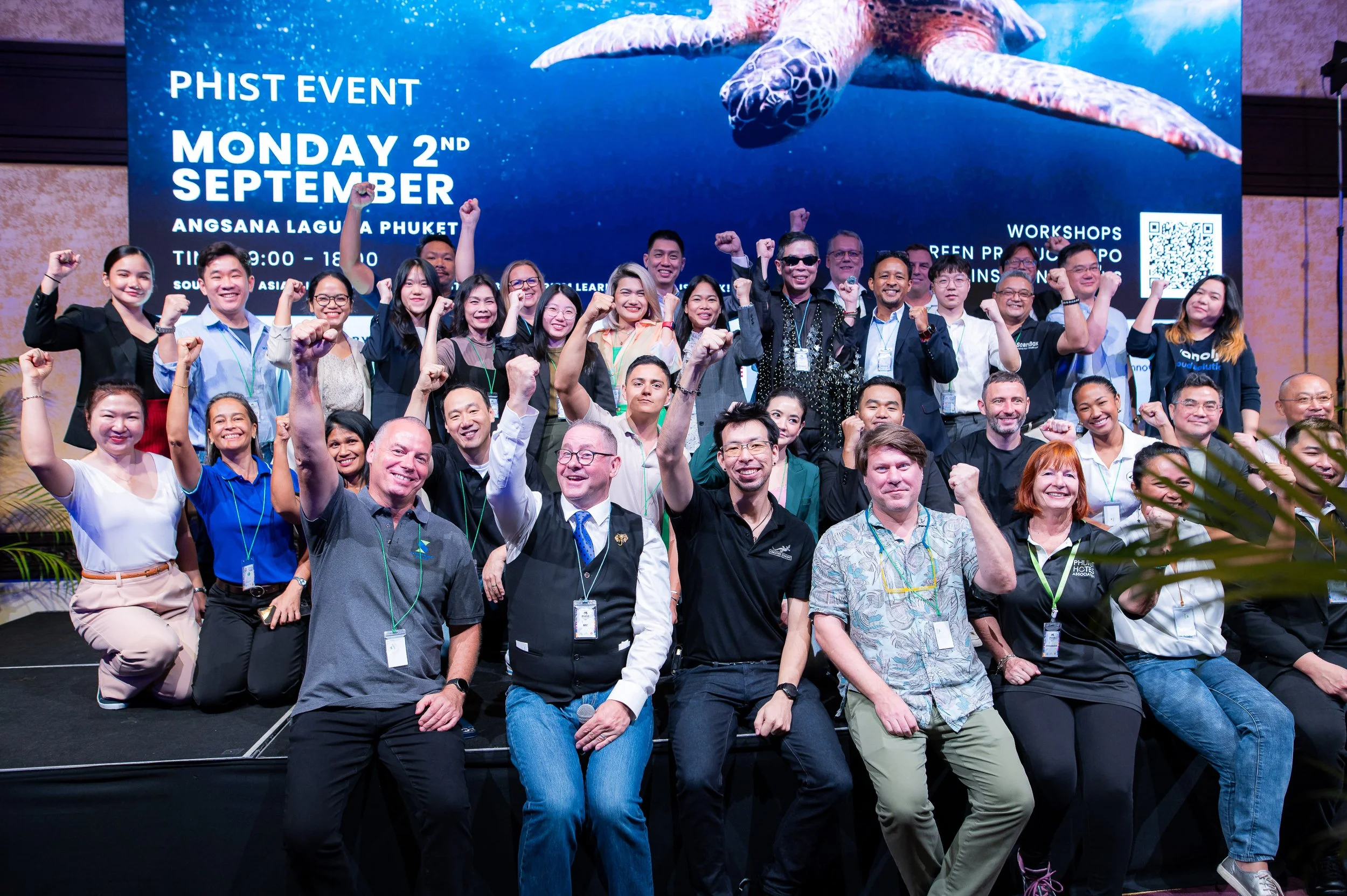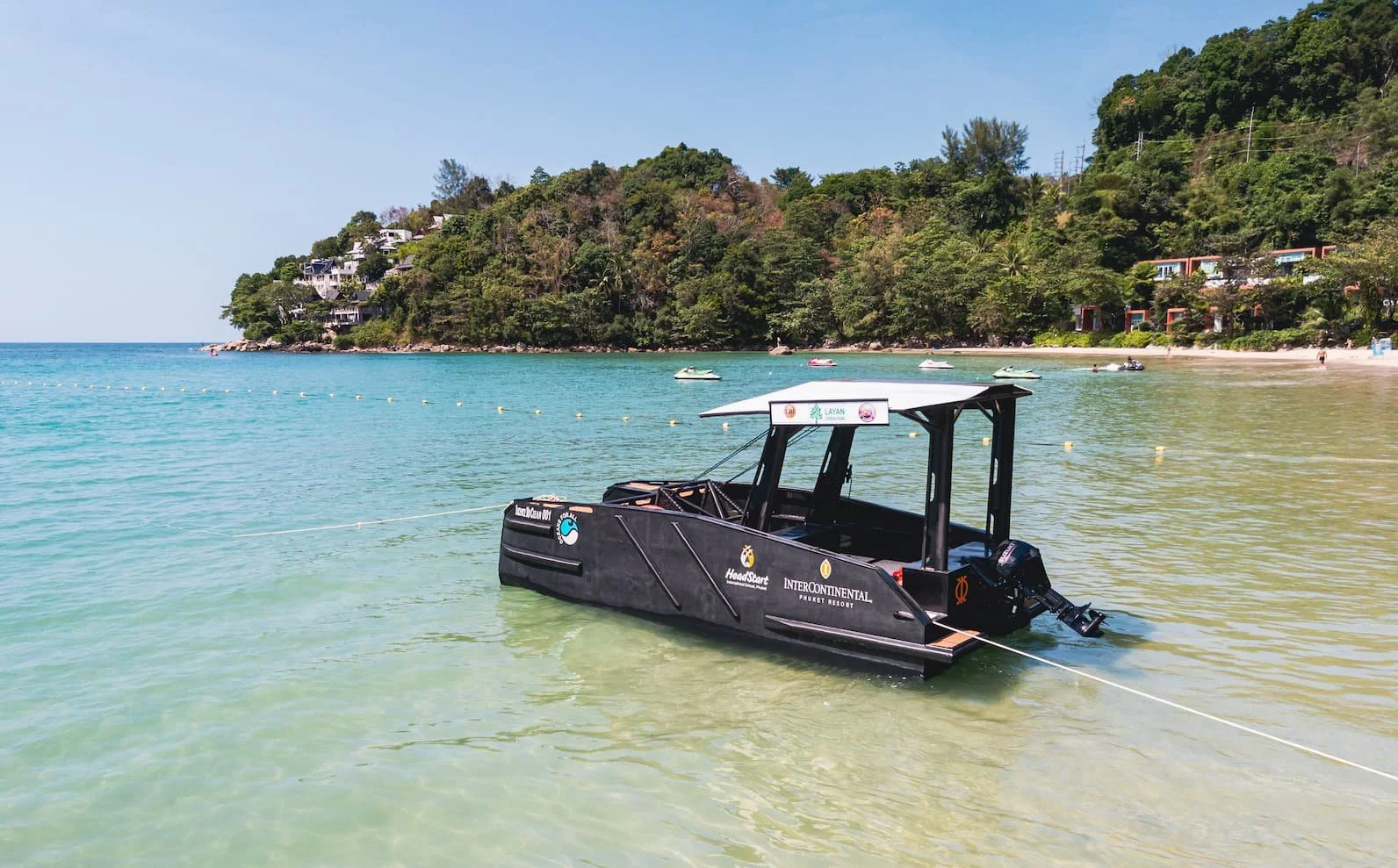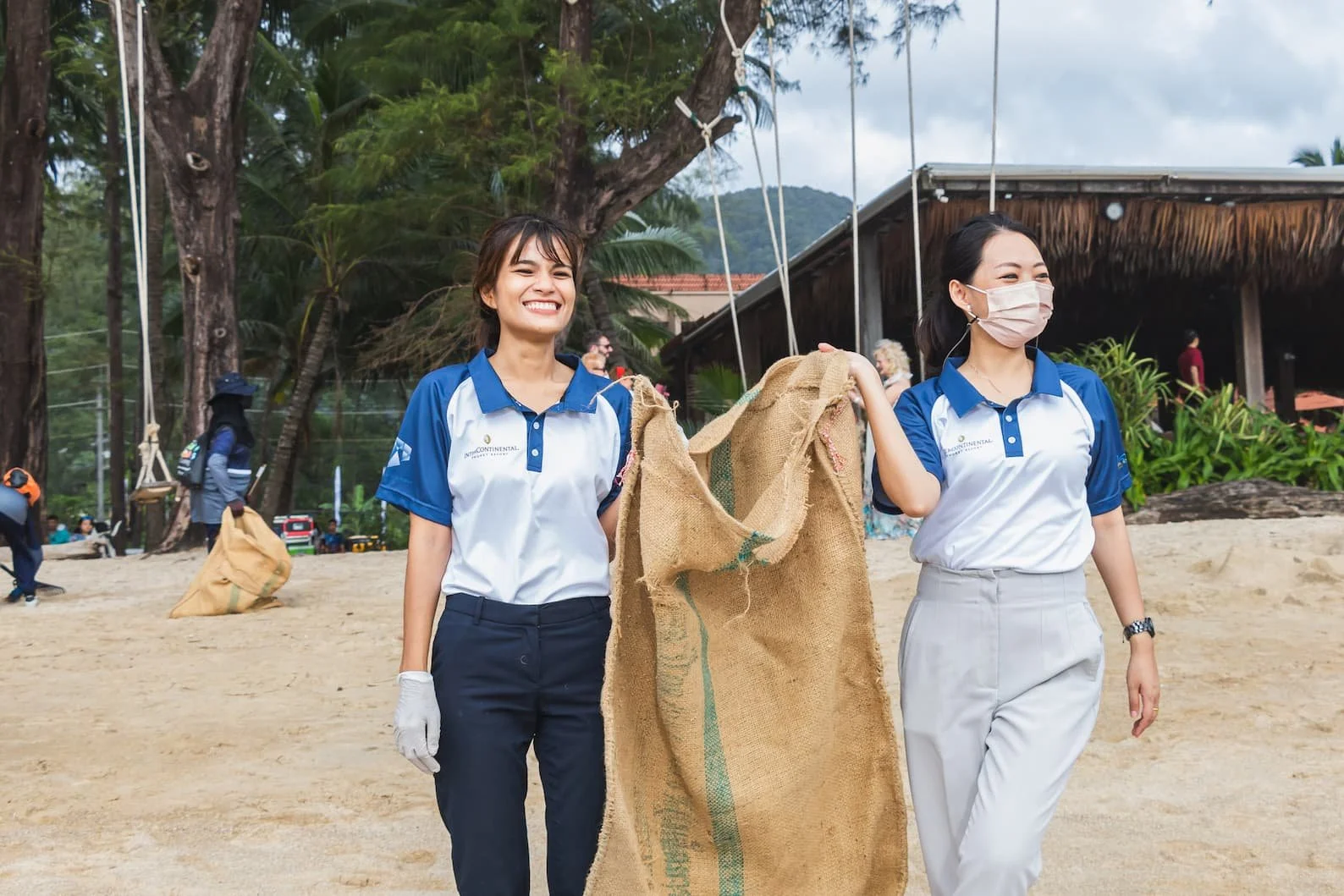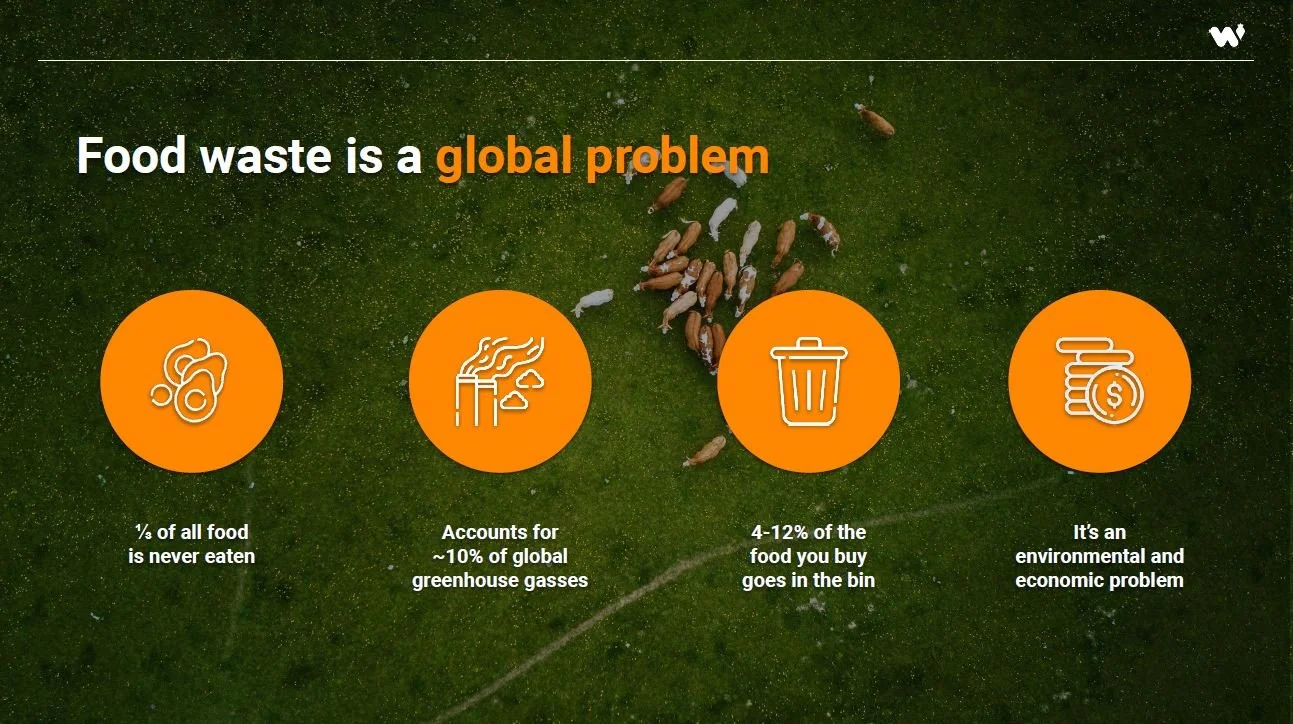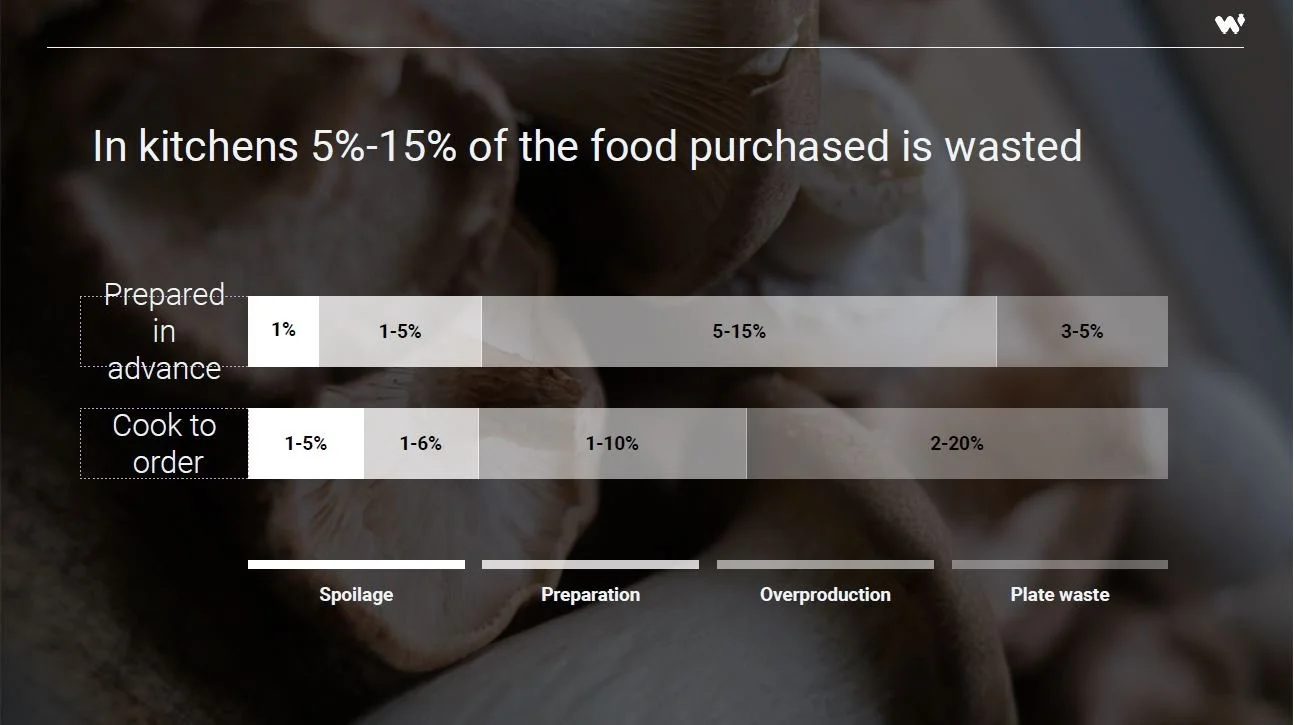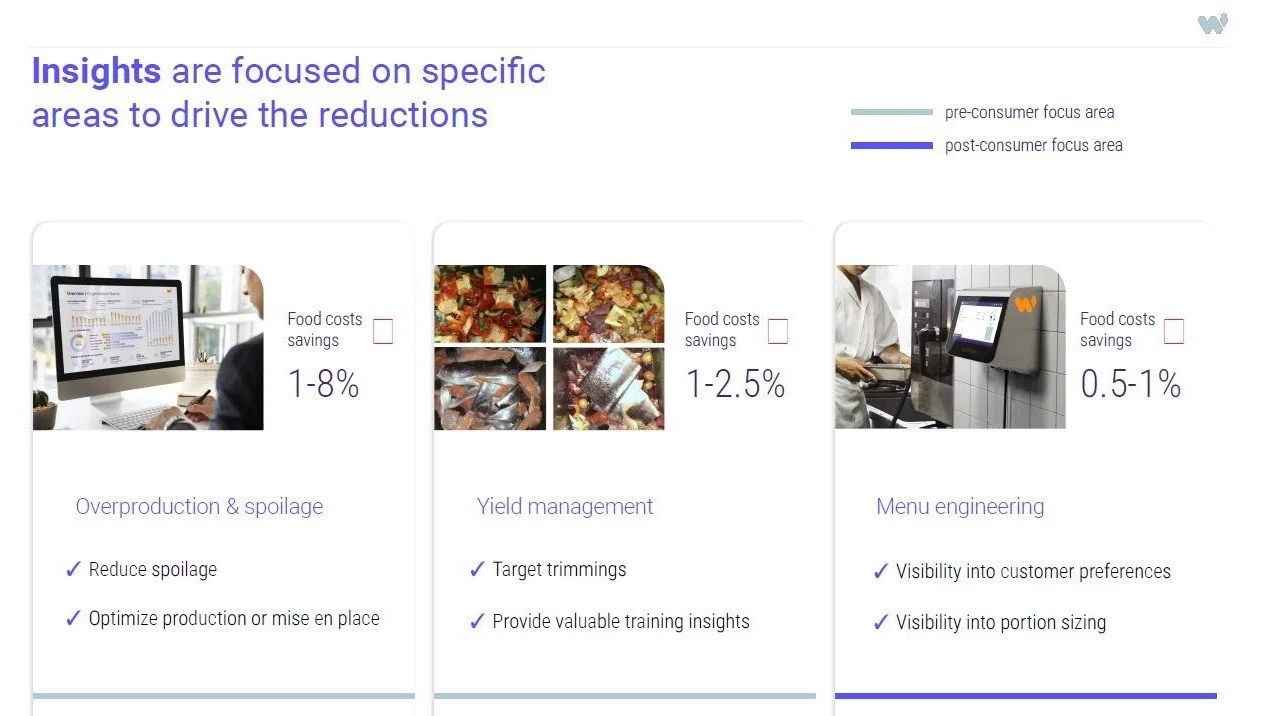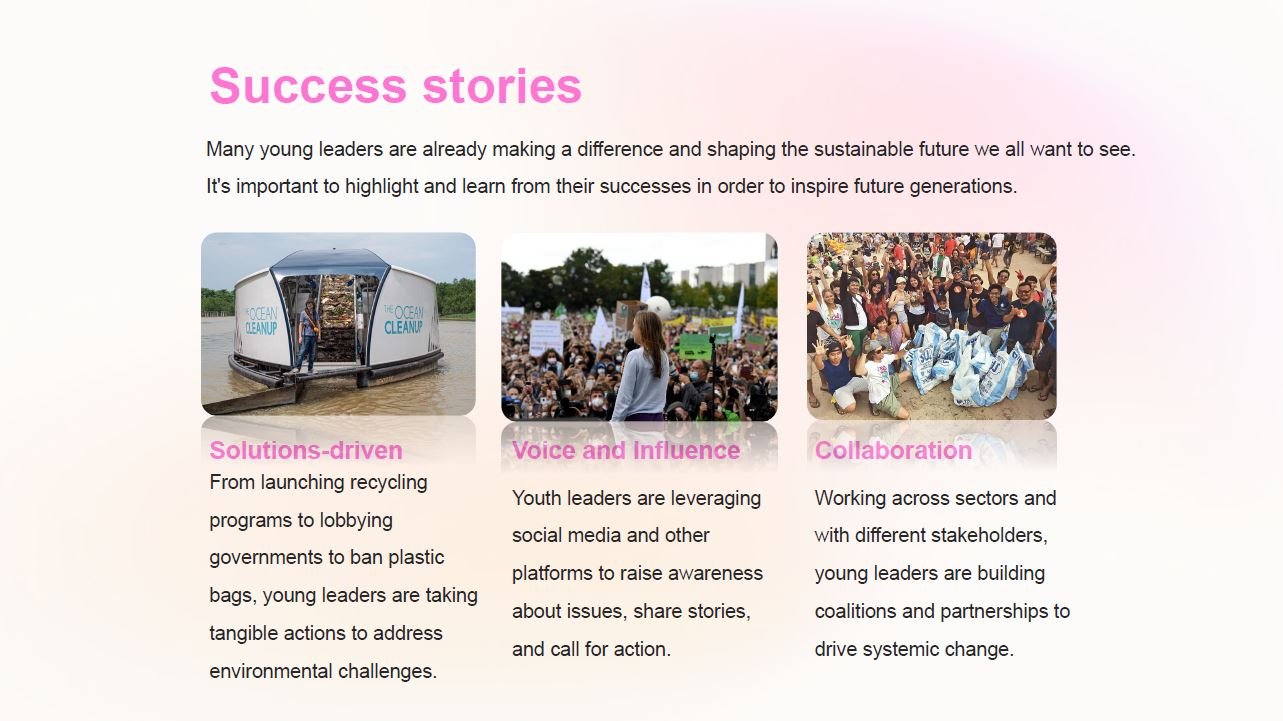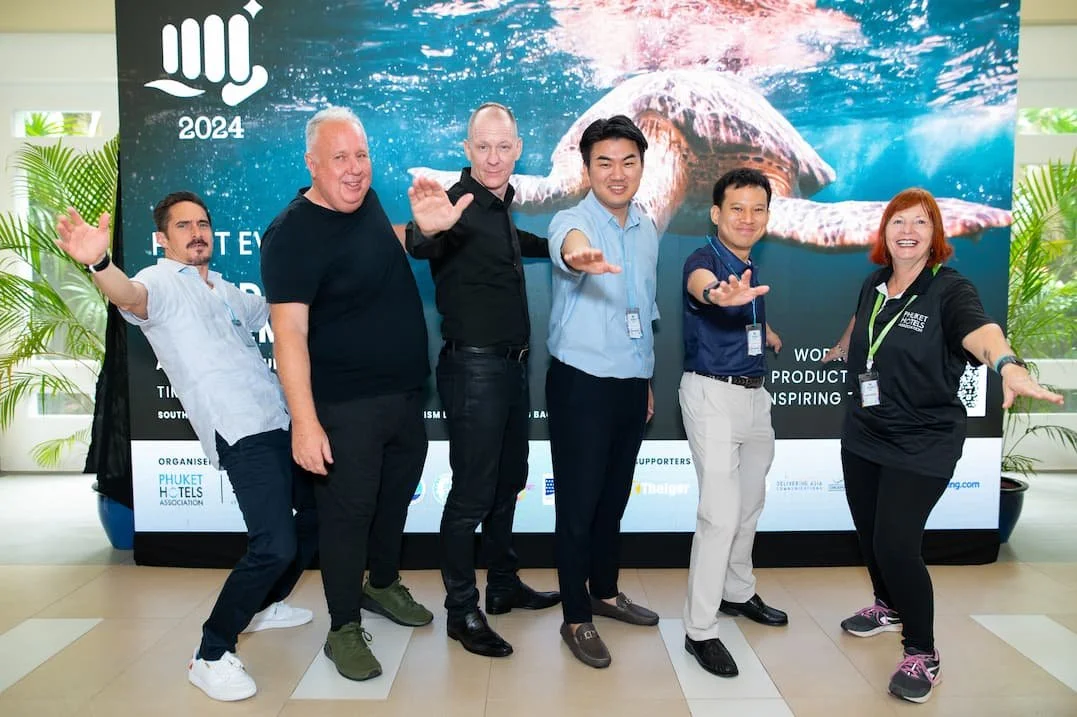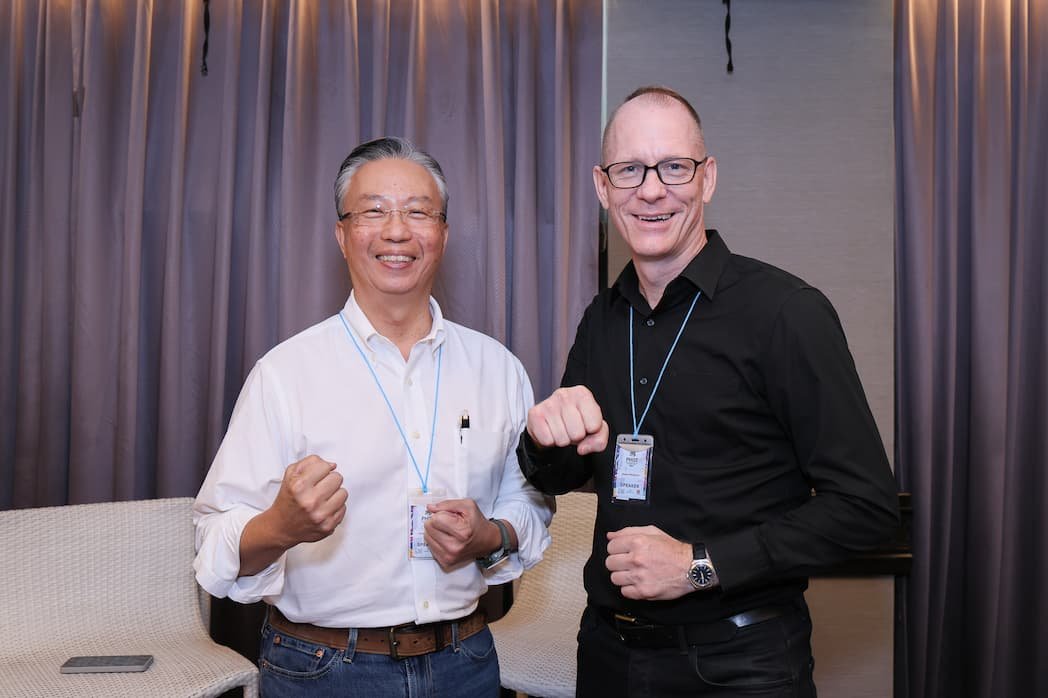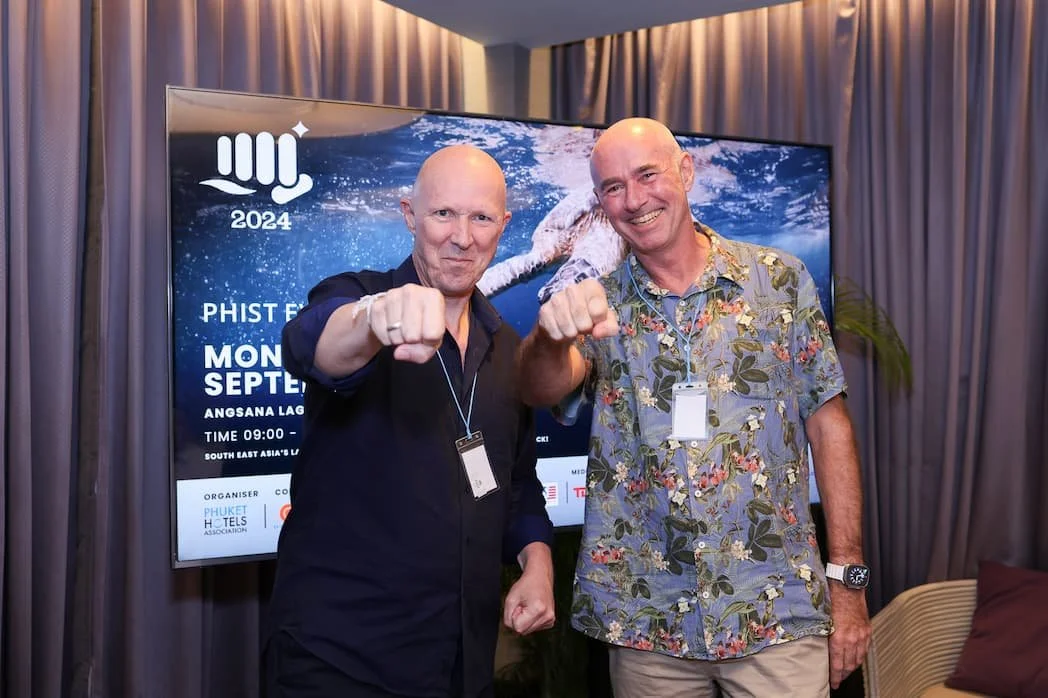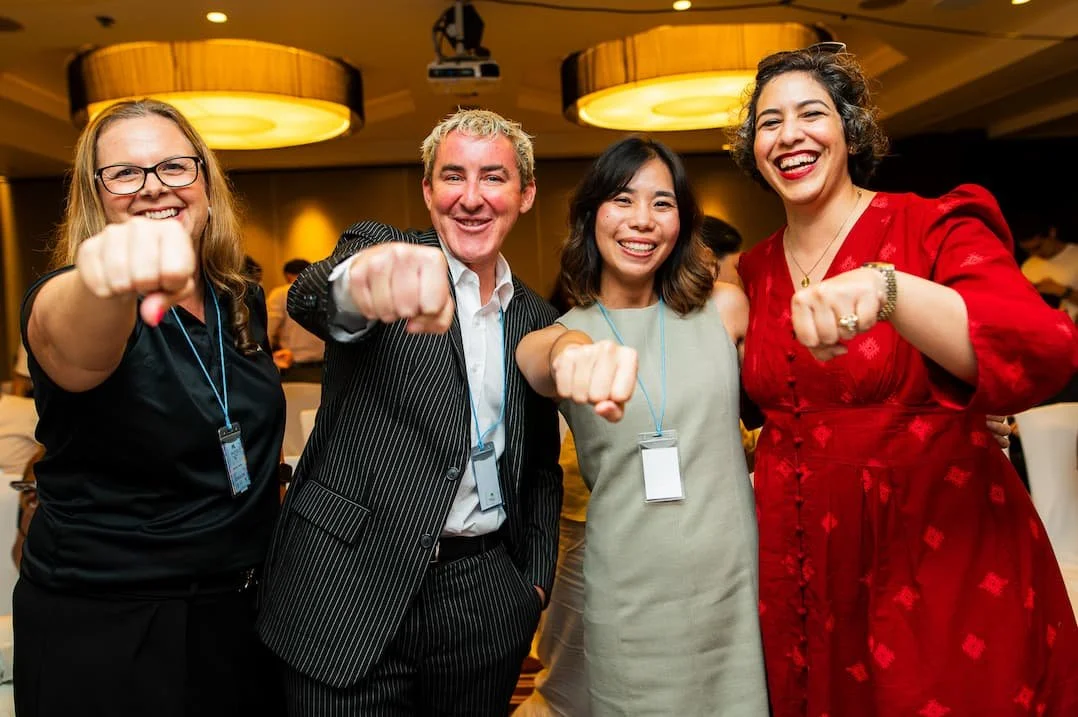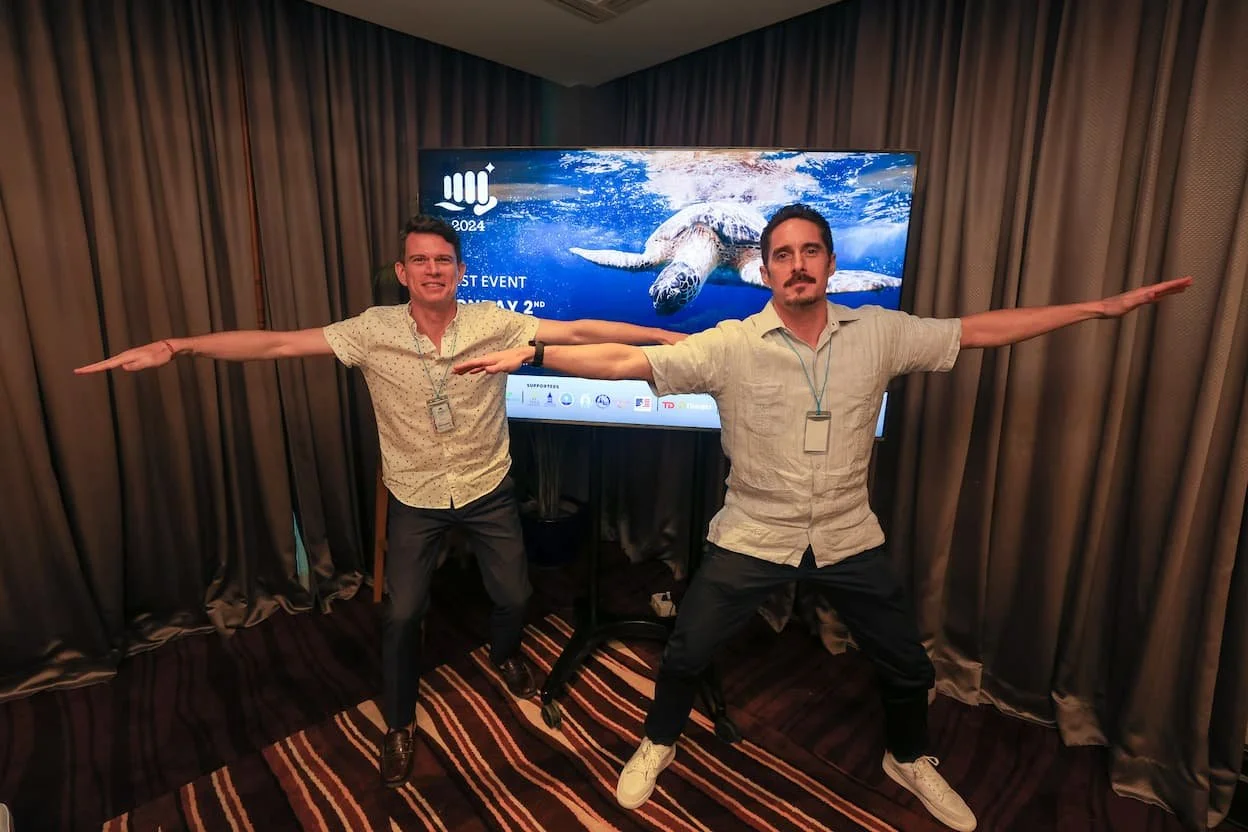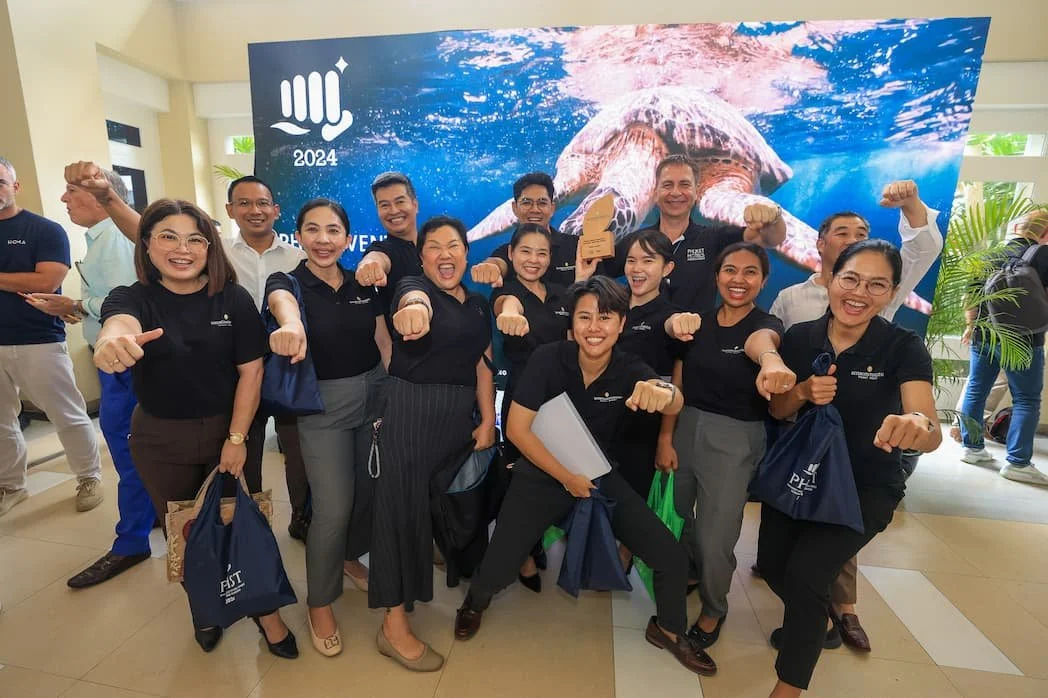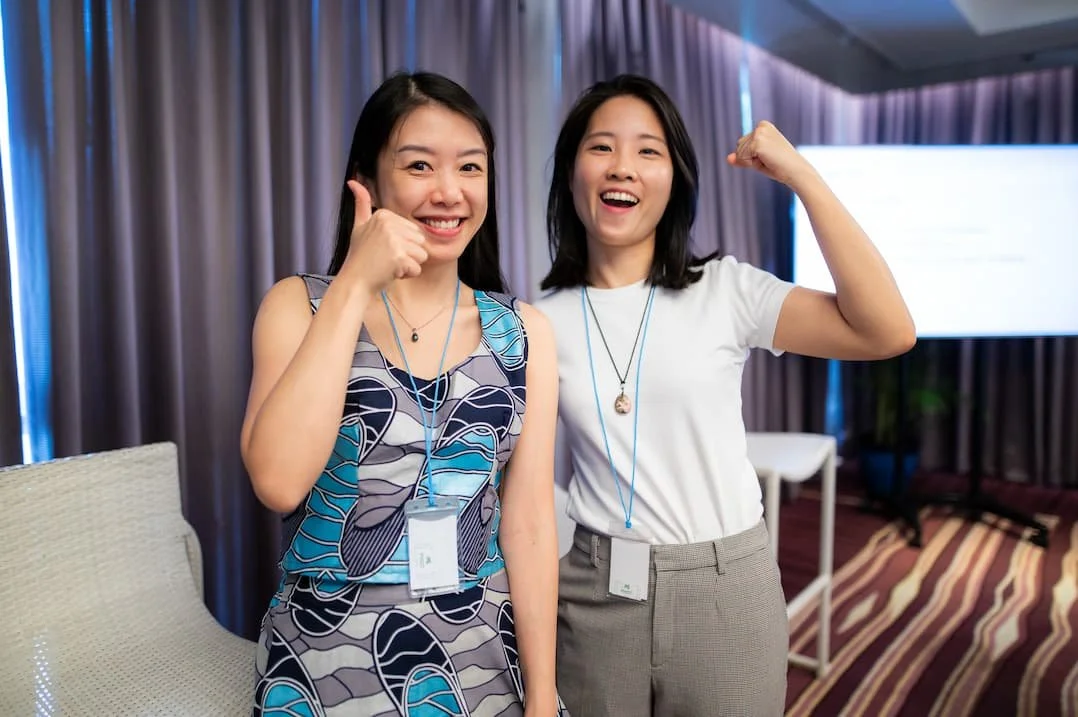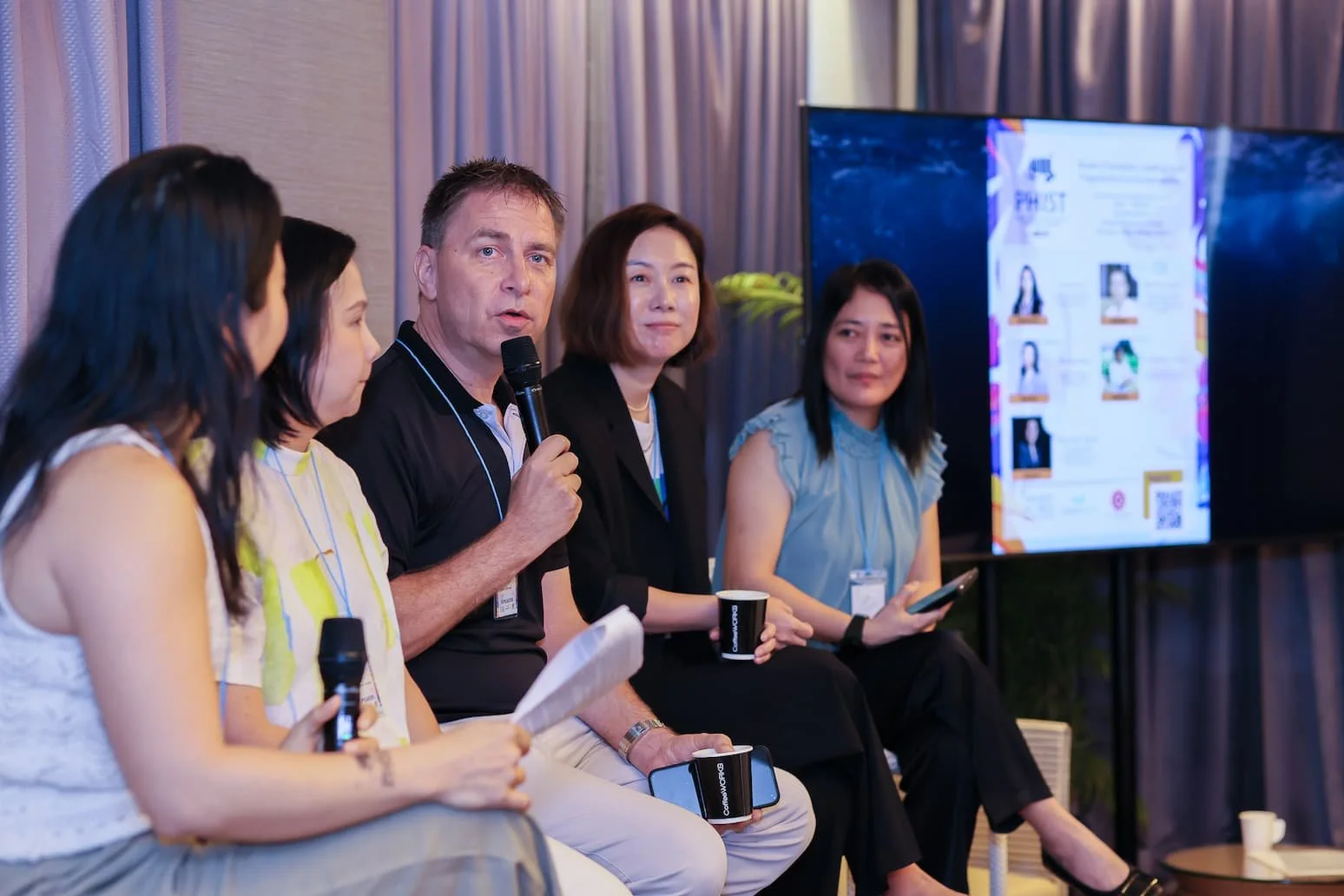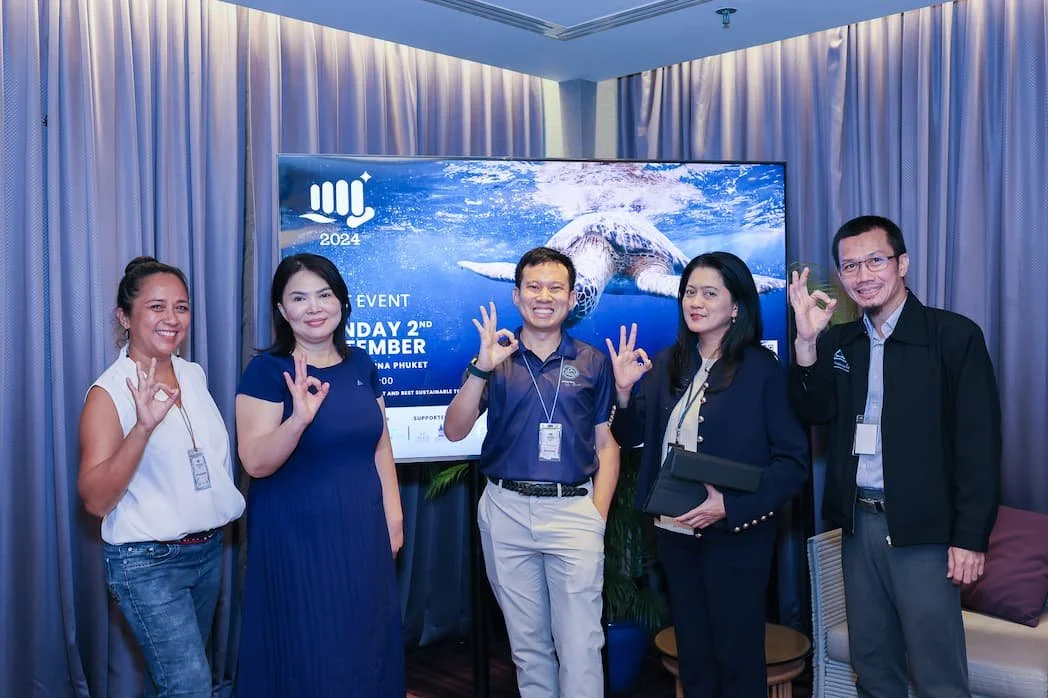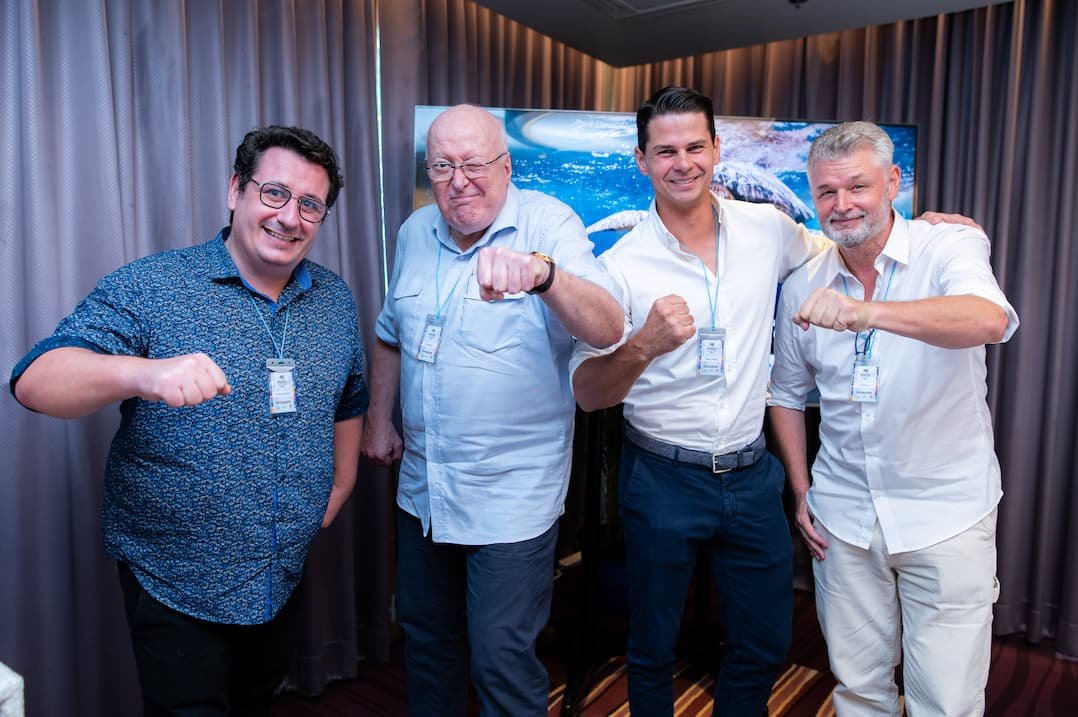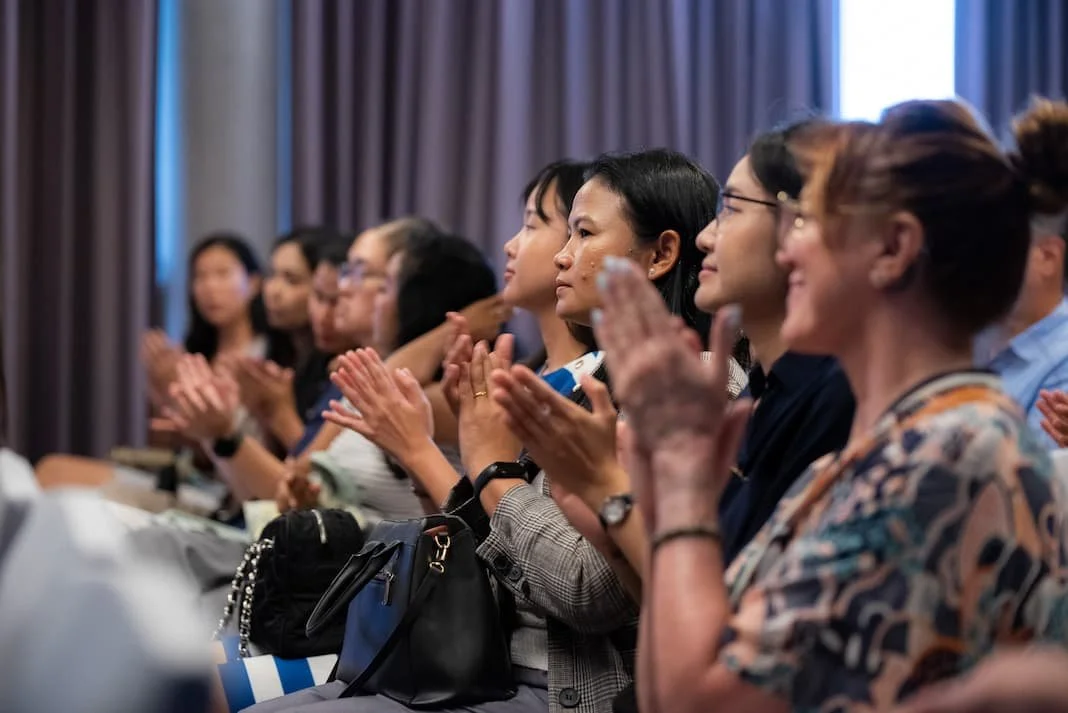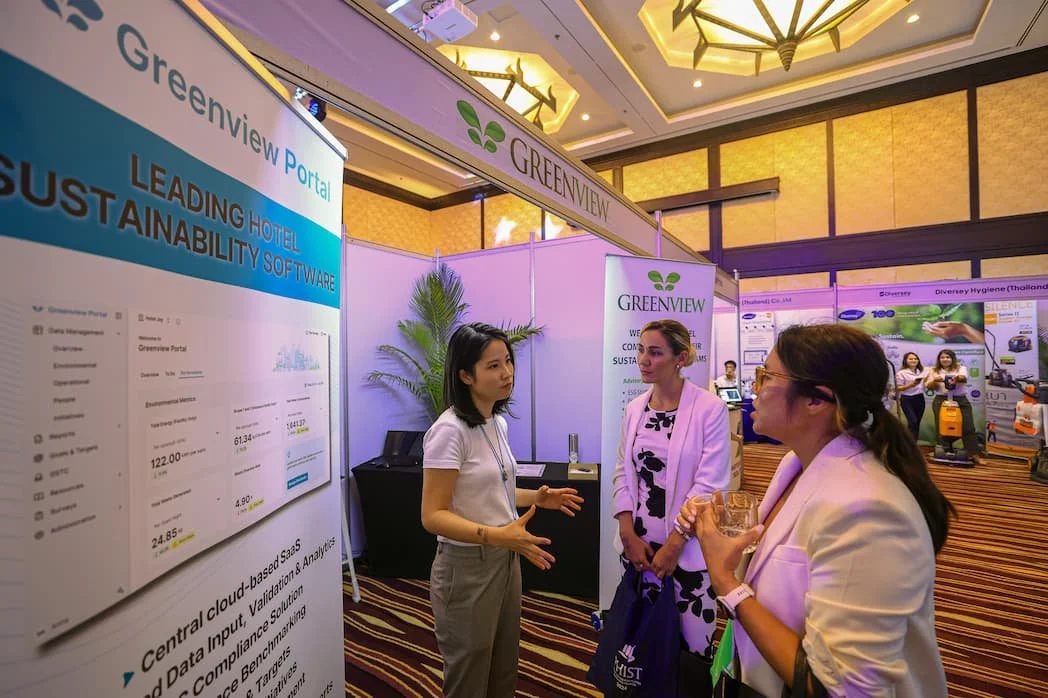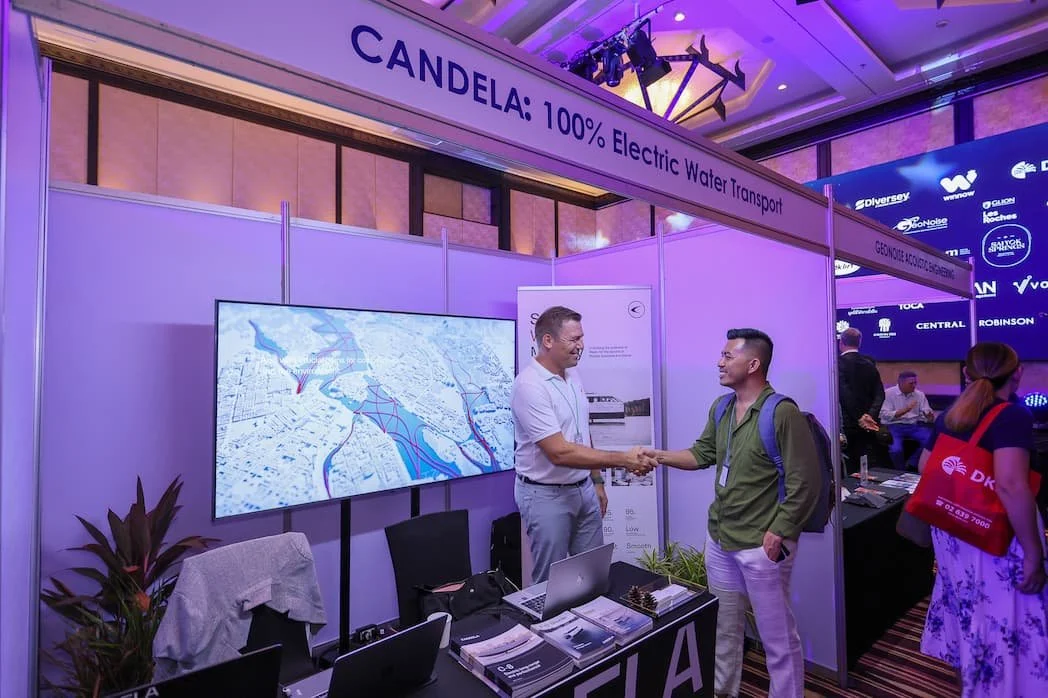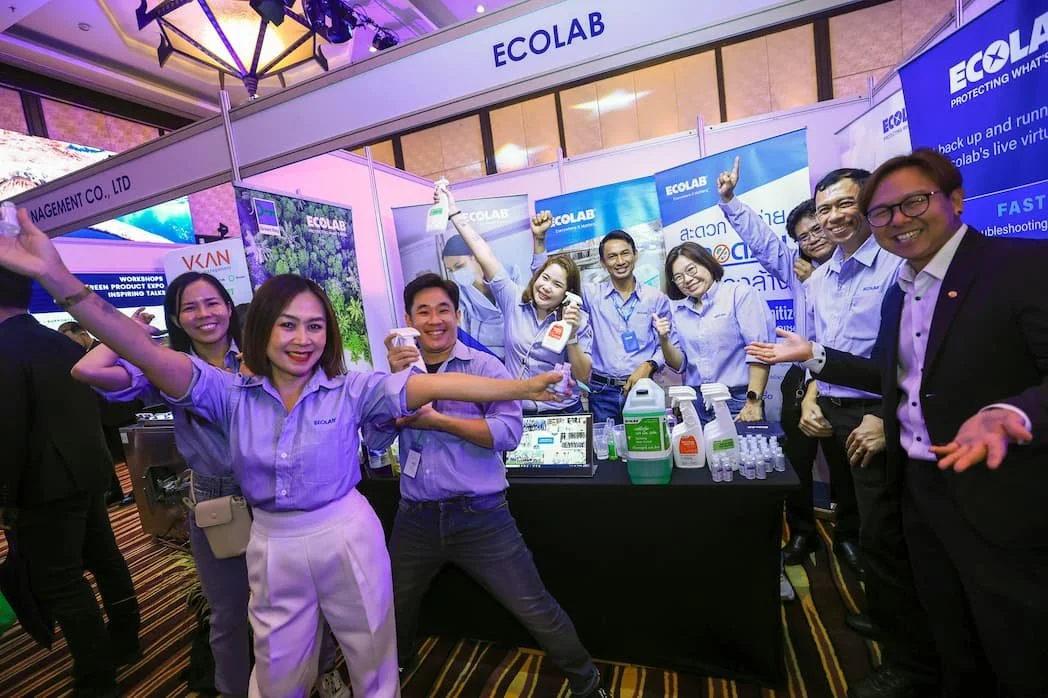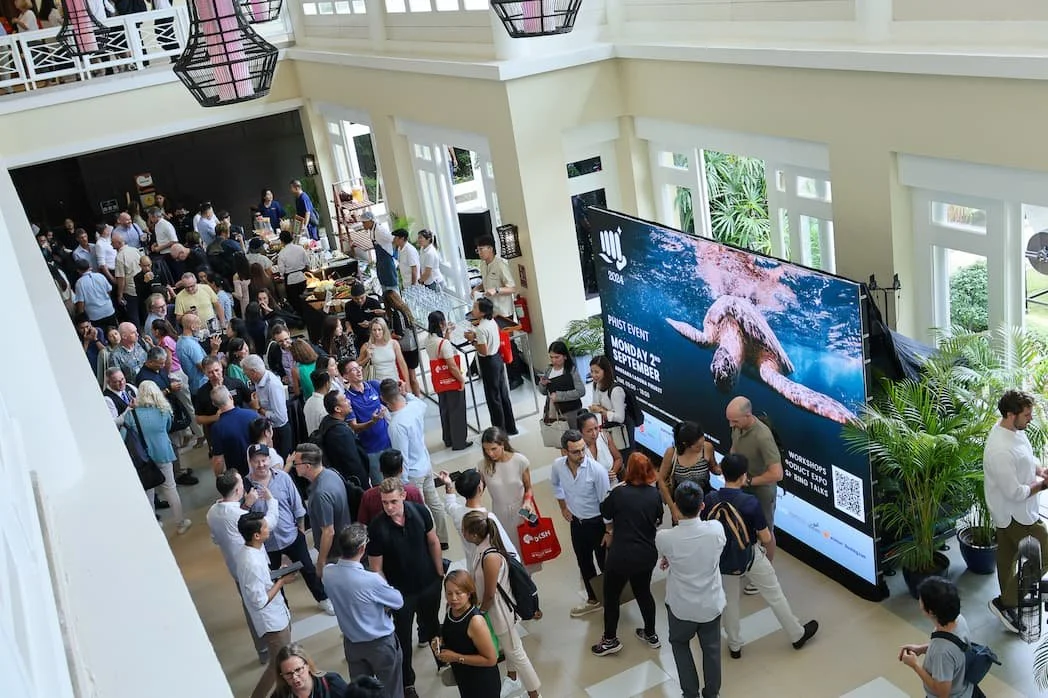PHIST 2024: Bold Ideas for Sustainable Tourism in a Changing Southeast Asia
Amid rising concerns over climate change and the surging influx of tourists, Thailand's idyllic islands, particularly Phuket, stood at the crossroads during the PHIST (Phuket Hotels for Islands Sustaining Tourism) 2024 event. As Southeast Asia's largest sustainability gathering for the travel and hospitality industry, PHIST made its return on September 2, 2024, igniting crucial discussions around sustainable development, a need made more urgent by recent environmental upheavals.
Phuket, once a serene beachfront haven, now faces the pressing challenges of over-development and over-tourism. With projections indicating Thailand could welcome 80 million international visitors by 2027, the stakes have never been higher. The absence of a cohesive development strategy that marries infrastructure expansion with environmental care threatens to cast a long shadow over the region's tourism allure.
PHIST spotlighted Phuket's transformation into an "emerging metropolitan area," as noted by the hospitality consulting firm C9 Hotelworks. The firm revealed a burgeoning pipeline of over 10,000 residential units in Bangtao, a number that starkly contrasts with its once quaint landscape.
Meanwhile, STR, a global hotel performance analyst, highlighted an impending visitor surge, forecasting a 30% increase in average hotel occupancy from August 2024 to January 2025 compared to the previous year.
Echoing these concerns, environmental expert Greenview warned of the island's heightened vulnerability to sea-level rise, flooding, and water scarcity—threats already manifesting in the form of devastating floods and landslides in popular tourist zones like Kata and Karon.
"After years of warnings about the potential impact of climate change, this year we have witnessed its devastating effect. The recent floods in Phuket could have been avoided with better-quality infrastructure. We cannot continue to pave over paradise; we must take a coordinated approach to planning that puts sustainability at the top of the tourism agenda," urged Bill Barnett, Managing Director of C9 Hotelworks and Co-founder of PHIST.
Amid these daunting challenges, PHIST 2024 served as a pivotal platform for over 1,300 delegates and 66 speakers to explore innovative solutions and sustainable practices. Held at Angsana Laguna Phuket, the event featured over 20 workshops and inspiring talks designed to ignite action.
Sustainability Leadership from the Top
Peng Sum Choe, CEO of Pan Pacific Hotels Group, shared insights into achieving Global Sustainable Tourism Council (GSTC) certification across his properties in Singapore, showcasing the practical benefits of adopting sustainable measures.
Energy-efficient construction practices, such as using double-glazed, low-emissivity glass, have allowed Pan Pacific Hotels to significantly reduce energy costs while maintaining comfortable indoor temperature. Collaborations with partners like Schneider help ensure energy consumption is monitored and openly reported, reinforcing transparency and accountability in sustainability efforts.
Choe also highlighted the significant cost savings by replacing plastic bottles with water filters, eliminating 360,000 plastic bottles annually in one hotel.
Equally important is sharing the information with the team members, ensuring they understand the purpose behind these initiatives and feel proud to contribute. Pan Pacific's intranet platform facilitates this employee engagement, allowing staff to exchange innovative ideas and best practices.
Choe also highlighted the company's dedication to social responsibility through initiatives such as employing individuals with disabilities and recognizing their contributions with service awards.
Green Champion: Leading Your Organization to Sustainability
Anucharaporn Tongluan from Thavorn Hotels & Resorts emphasized the importance of top-down support in embedding sustainability within an organization. She shared actionable strategies such as integrating sustainability into employee training and aligning green initiatives with company goals to overcome challenges like resource allocation and resistance to change.
Bjorn Courage, representing InterContinental Phuket Resort, showcased the tangible benefits of sustainability in boosting brand reputation and business profitability. By implementing projects like "Proud Kamala," which involves beach clean-ups and community engagement, the resort has enhanced its appeal to eco-conscious travelers. Courage suggested practical steps such as open communication, celebrating small victories, and encouraging a culture of innovation among employees to drive sustainable practices.
Intercontinental Phuket Resort's "License to Clean" and "Proud Kamala" projects demonstrate a commitment to marine and beach conservation by using a recycled plastic catamaran and dedicated individuals to clean the beach and recycle waste. Photos by Intercontinental Phuket Resort.
Michelle Gao from Booking.com elaborated on enhancing sustainable travel by facilitating easier access to eco-friendly travel options through technology and partnerships. She advocated for initiatives like third-party sustainability certifications and collaborative efforts with industry partners to drive decarbonization.
I was invited as a panelist on this topic, where I shared practical steps for small to medium-sized businesses on how to start their sustainability journey, drawing on insights from the industry experts I have interviewed. I recommended conducting internal audits for improvement, engaging employees as sustainability champions, forming local partnerships, and making incremental improvements rather than attempting everything at once. I also stressed transparent communication of sustainability efforts, avoiding both greenwashing and 'greenhushing'.
Implementing Green Cleaning Practices
Maggie Lee, World Wildlife Fund (WWF) Regional Head of Impact, and Jasline Ng, Manager of Greenview, highlighted the significant environmental concerns associated with traditional cleaning agents and the increasing adoption of green cleaning practices by hotels in Asia. This transformation involves green procurement, such as sourcing natural and non-toxic solutions with verified environmental sustainability credentials. Hotels are encouraged to demand proof for any eco-friendly claims from suppliers, ensuring transparency and accountability.
Screenshot from Jasline Ng’s presentation
The discussion emphasized refining cleaning procedures to limit the use of harsh chemicals, focusing on the necessity of chemical versus physical cleaning methods. Evaluating cleaning efficacy is crucial, as it allows hotels to determine the most effective, environmentally-friendly approaches. Continuous improvement is essential, requiring regular assessment of cleaning practices and openness to new, sustainable solutions.
The Food Waste Opportunity: How to Drive Efficiency and Margins with AI
Ken Kuguru, Managing Director APAC at Winnow, addressed the pressing issue of food waste, revealing it as a significant global challenge: one-third of all food produced is never consumed, contributing to around 10% of global greenhouse gas emissions. This waste not only poses an environmental crisis but also an economic one, with 4 to 12% of purchased food ending up in the bin. Kitchens are particularly affected, with 5 to 15% of food purchases going to waste, highlighting the urgent need for efficient waste management solutions.
Screenshots from Ken Kuguru’s presentation
Kuguru outlined the financial advantages of employing Winnow's food waste reduction technology, which focuses on critical areas such as overproduction and spoilage, yield management, and menu engineering. By reducing spoilage and optimizing production, businesses can achieve food cost savings from 1% to 8%. Yield management targets trimmings and enhances training, offering savings of 1% to 2.5%, while menu engineering provides insights into customer preferences and portion sizes, delivering additional savings of 0.5% to 1%.
Youth Leadership in Environmental Change
Dr. Chantinee Boonchai, an Assistant Professor and Lecturer at Prince of Songkhla University, led a session celebrating the dynamic role of young leaders in shaping a sustainable future. It showcased success stories of how youth effectively address environmental issues through recycling initiatives and advocating for plastic bag bans. Their strategic use of social media amplifies their message, increasing awareness and rallying community support.
The workshop highlighted collaboration as an essential catalyst for systemic change. Young leaders are forming coalitions across various sectors and engaging with a wide range of stakeholders to strengthen their efforts. Emphasizing the importance of inspiring and supporting these leaders, the workshop stressed the need for network-building and community-building to empower them to drive change on a larger scale.
Screenshot from Dr. Chantinee Boonchai’s presentation
Thailand's "Kitchen of the World" Initiative and the Green Planet School Farm Project
Food security and quality, essential components of sustainability, were also spotlighted. The Thai government's initiative to establish the nation as the "Kitchen of the World" aligns with the Green Planet School Farm Project. Jayne MacDougall, Executive Director of the Phuket Hotels Association, introduced this initiative, which aims to nurture future organic producers in local schools.
"It's time to plant the seeds of change, and where better to start than with education and at an early age. This is what we are striving to do with Green Planet by introducing green framing to schools throughout the island," she expressed.
Asia Sustainable Travel (AST) Forum
We are proud and honored to have our AST Forum featured at the PHIST 2024 event. During the AST Forum Phuket, we held two insightful panel discussions addressing solutions to the plastic and water crises in the hospitality and tourism industry.
Collective Action: Key to Combating the Plastic Crisis
How Circularity Strategies Can Help Hospitality Brands Save Water and Increase Bottom Line
You may read the key takeaways here.


